Portugal Gift Giving Customs
From Giftypedia
Capital: Lisbon
Official Religion: Roman Catholic
Language: Portuguese
Currency: Euro
Government: Parliamentary republic
Portugal has become a popular vacation destination due to its location on the Iberian Peninsula. Because the western side of the country is bordered by the Atlantic ocean, there is plenty of beach for those seeking sun and sand, while the inland mountains offer skiing and mountain climbing for the sports enthusiasts. Whatever the reason for your visit, business or pleasure, taking the time to learn the proper greetings and Portugal gift giving customs will help create a good first impression with the Portuguese.
Family honor and loyalty are extremely important in Portugal. A hierarchical culture, the elders are treated with respect and dignity. Much value is placed on the immediate family as well as the extended family. If you will be visiting someone in Portugal, it may be a good idea to know the basic Portuguese customs concerning social behavior. For example, the Portuguese are relaxed about etiquette and punctuality is not that important. When invited to a large event or social gathering, it is customary to arrive half an hour to 45 minutes after the stated 'start time.' Arriving early or ‘on time’ might be perceived as impolite. However, when invited to someone’s home for dinner, you should arrive no more than 15 minutes late.
| Gift Giving in Portugal |
|---|
Host/Hostess Gift Giving EtiquetteIf you are invited to a Portuguese home for dinner, Portugal gift giving customs suggest that a gift is expected. The gift should be small but luxurious, with a glamorous presentation. Good quality chocolates, candy, flowers or upscale souvenirs from your home country are good choices. Expect that your gift will be opened immediately and in your presence. If you did not bring a gift for the hostess, send flowers the next day. Gifts for the children are welcome, especially if they will be present at dinner. Thanking for a gift is usually done verbally but a written note, while not necessary, is always appreciated. Hostess Gifts to Avoid
Dining Etiquette
Business Gift Giving
|
Christmas Traditions and Gift Giving
The children receive Christmas gifts either at midnight on Christmas Eve or early Christmas morning. Shoes are placed near the fireplace as a receptacle for the presents. "Pai Natal" or "Father Christmas" delivers the presents along with the help of Baby Jesus. The family sets up a Nativity scene, called Presépio, with Mary, Joseph, the stable animals and the Three Wise Men. The Christ Child is not added to the scene until after the family attends Midnight Mass. On Christmas Day, the Portuguese visit friends and family enjoying a meal together, usually turkey, chicken, or lamb.
|
If you will be visiting Portugal, here are some tips to keep in mind:
|
Related Items
- International Gift Customs
- International Holidays
- How to Avoid Controversial or Inappropriate Gifts
- Etiquette for Office / Business Gift Giving
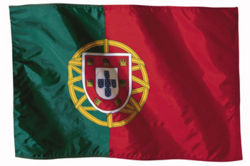
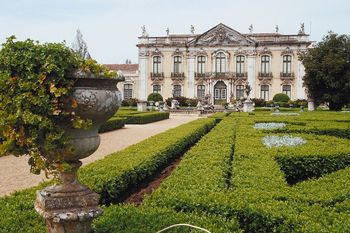
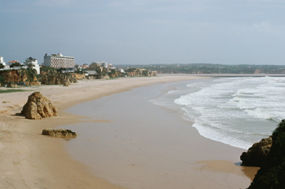
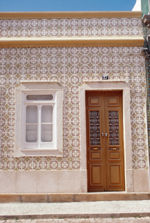
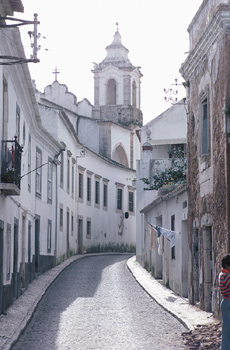
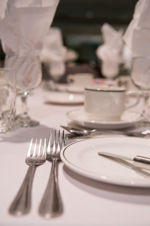

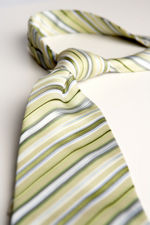
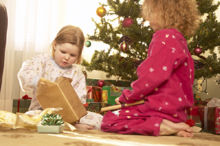

 Printer Friendly
Printer Friendly
